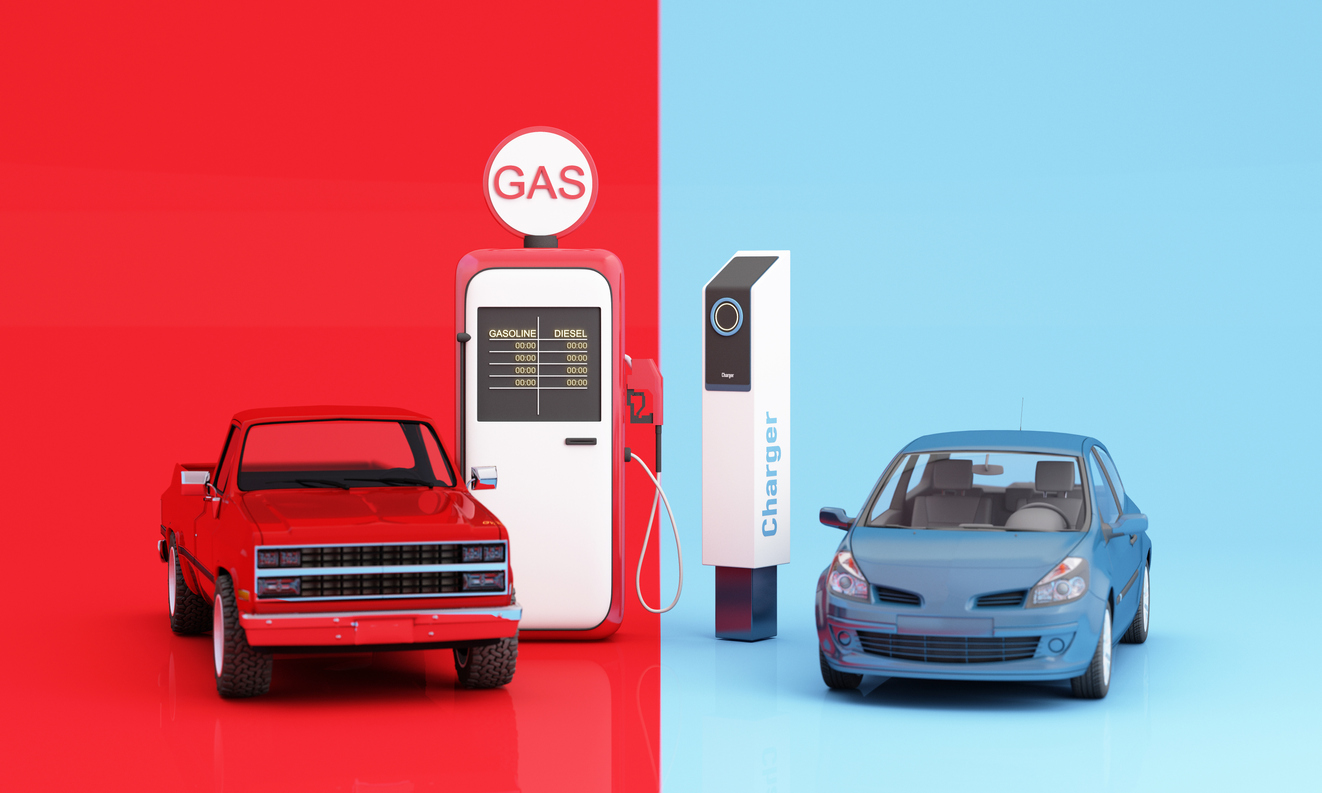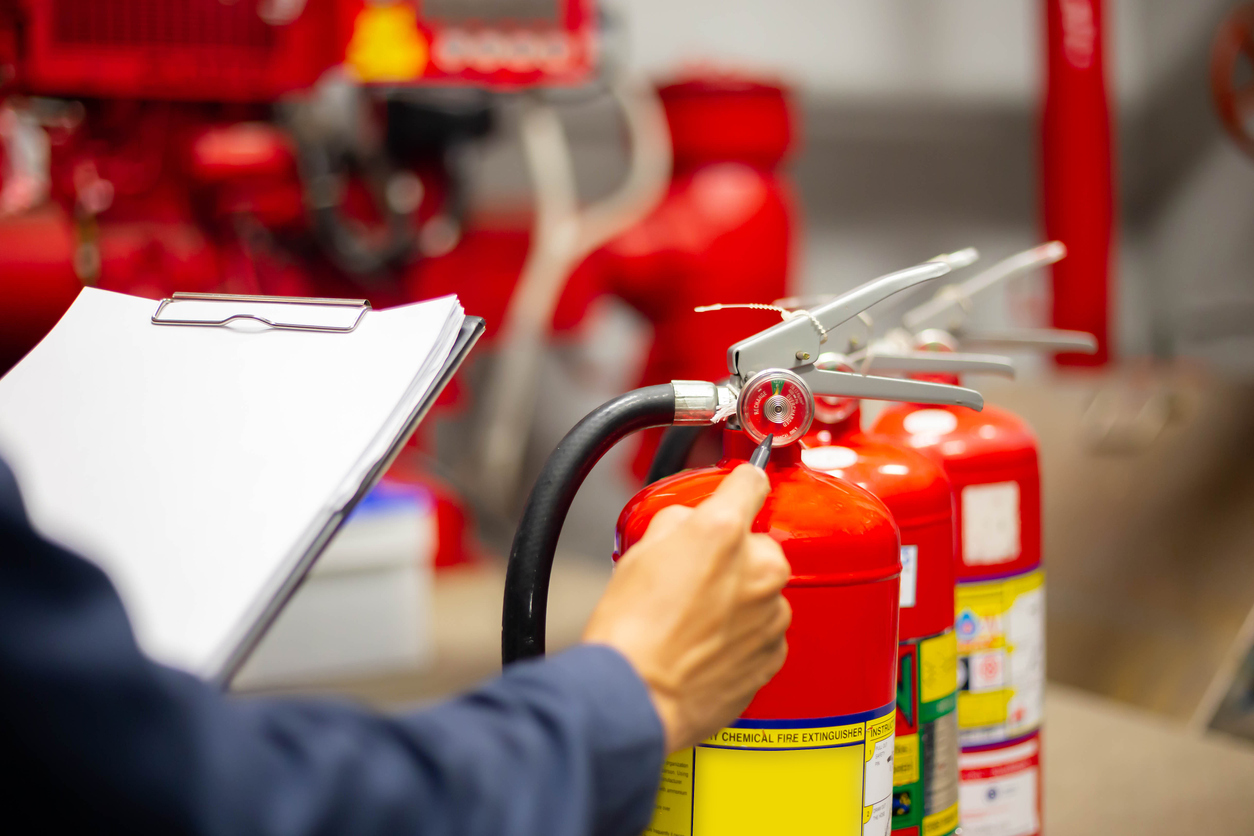Editor's Note (January 2026): This post has been edited for clarity and accuracy. For the most updated information, please visit the Electric Vehicles page.
Written by Gina Weil, Project Manager for the Office of Environmental and Energy Coordination
Are electric vehicles (EVs) more prone to fires than gasoline-powered vehicles?
Recent news reports of fires involving lithium-ion batteries, as well as some high-profile recalls related to fire risks, have sounded an alarm with some potential EV buyers. 
According to the National Fire Protection Association (NFPA), "existing data collection systems do not yet adequately measure the frequency of EV fires in the United States." Adding, "there is no current evidence to suggest EVs are more likely to be involved in a fire than internal combustion engine (ICE) vehicles."
NFPA also notes that: "compared to ICE vehicle fires, which on average occur every 2 to 3 minutes in the United States, there are fewer electric vehicle fires.
So why the concern? There are two main reasons, according to those who have looked at the issue:
- Because EVs are still relatively novel, media may have a tendency to highlight fires that involve lithium-ion batteries.1 Increased media coverage can lead to a public perception of increased risk.
- While EV fires are not as common as gas-powered vehicle fires, they are more difficult to extinguish, due to how the batteries are protected from the elements. Batteries take a long time to cool, creating a risk of reignition, so EVs that have caught on fire must be handled differently. The battery chemistry itself also poses challenges to firefighters during extinguishment.
The NFPA has published resources for first responders, including safety trainings and emergency response materials from automobile manufacturers to close this knowledge gap. NFPA also supports National Electrical Safety Month, an annual campaign sponsored by Electrical Safety Foundation International (ESFI), to raise awareness about electrical fire safety 2. Just as emergency responders have learned to address battery and internal combustion engine fires differently, consumers must also learn about new technologies they bring into their lives.

Like any vehicle, EVs must be properly maintained, and if charging at home, consumers must also prepare their homes properly. ESFI offers information to help consumers understand how to safely prepare their homes for EV charging before they plug in.
The choice is clear! EVs remain a great option for those who wish to reduce their environmental impact, cut down on maintenance costs, and skip trips to the gas station. A number of incentives exist to help with the purchase price and the cost of charging equipment.
Learn More
Check out our Electric Vehicles page for more information and resources and visit Plug Star to learn more about incentives in your area.
Sources
- IEEE Spectrum, Extinguishing the EV Battery Fire Hype by Willie Jones, December 4, 2023
- National Fire Protection Association (NFPA), NFPA, ESFI underscore safety related to electric vehicles and e-mobility devices during National Electrical Safety Month in May, April 27, 2023
Gina Weil is the project manager of Charge Up Fairfax, a program to help community associations overcome the challenges to installing electric vehicle charging equipment. She has worked in environmental policy for the last 20 years and joined Fairfax County following a career in federal government.
Climate Matters is the blog of Fairfax County’s Office of Environmental and Energy Coordination, where we share stories, insights and information related to climate change and environmental sustainability. Posts are written by knowledgeable and passionate OEEC staff members and guest authors. To read all blog posts, visit Climate Matters.

